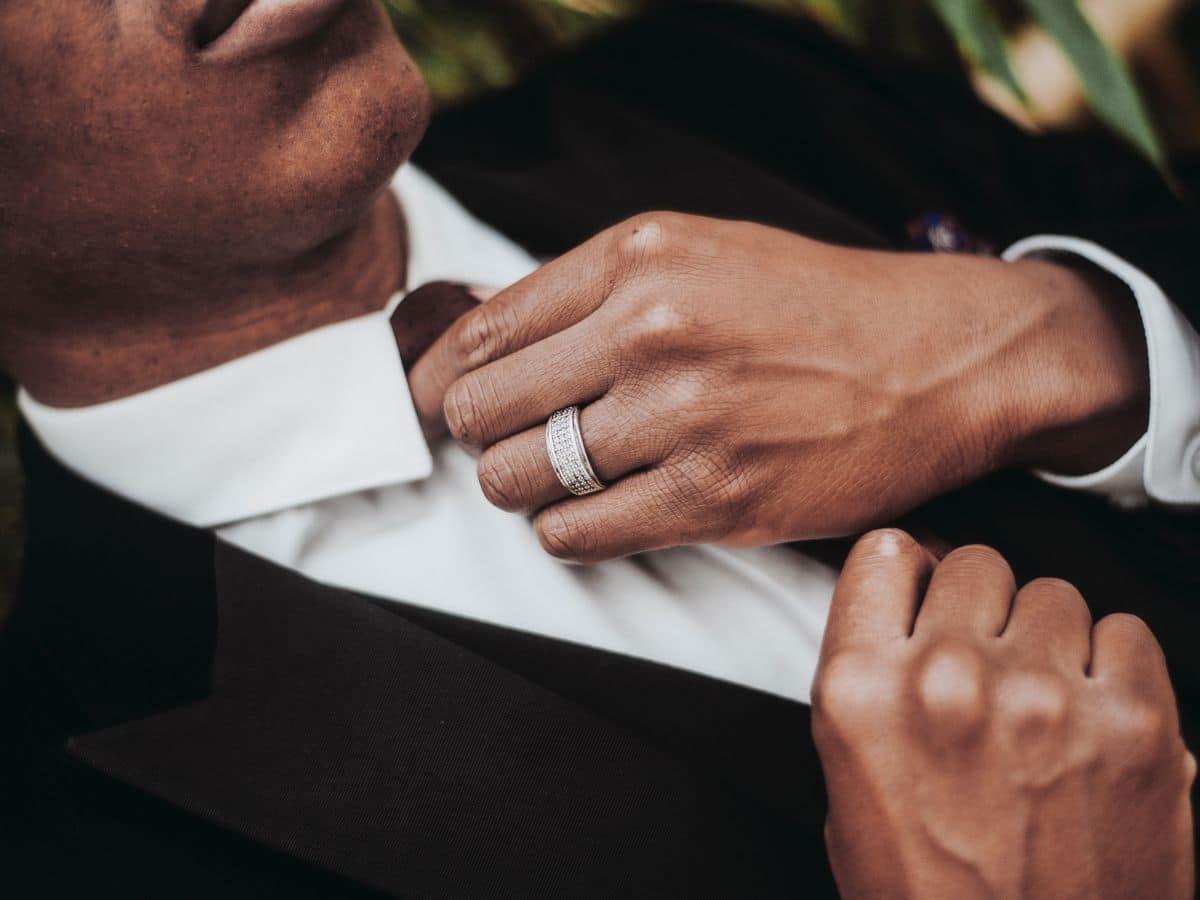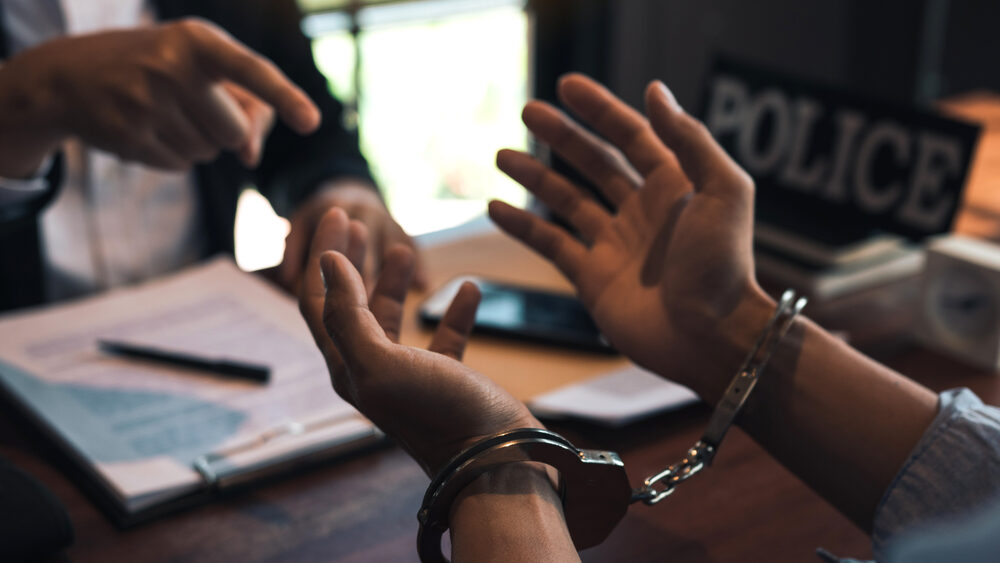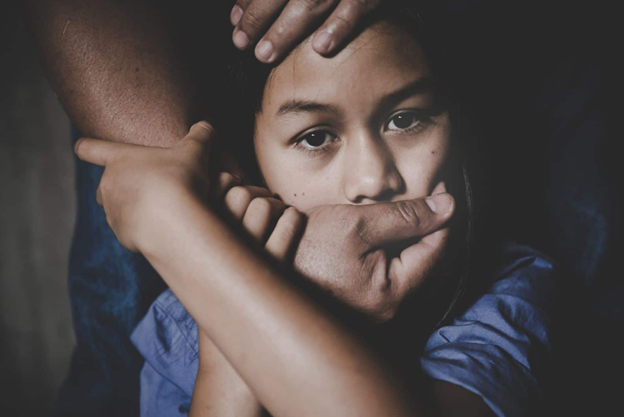
Your vacation is the time to relax and have fun. The whole point is to leave your worries behind, but your safety should always remain on your mind.
International travel is exciting, and you get to experience new cultures and see new places. However, few people want to be stranded with no resources or personal protection in a strange place. The likelihood that you’ll get robbed is low, but robbery and theft are constant threats. Traveling overseas is safe, for the most part, but there are some things you need to be wary of and precautions to take.
Table of Contents
Keep an Electronic Copy of Important Legal Papers
Whether you lose your passport and driver’s license or it’s stolen, you may need to secure a replacement. Being stuck without identification makes it difficult to obtain any identifying paperwork, and then you’re stranded.
Scan your driver’s license, passport, plane tickets, and other vital documents into a cloud app such as Dropbox and send a copy to a friend or family member that you trust. Also, print out a copy and keep it with you in a separate place from your real passport.
To prevent identity theft, make sure not to title the email that you send “Digital Copy of Passport” or something else similar. Digital and printed copies will make it easier to get a replacement passport when overseas.
Hide Your Cash
Try not to flash your cash around when out in public. You provide the perfect crime of opportunity for would-be thieves. Many Americans pull out a wallet to pay, but it’s smarter to keep your money in one of your pockets and only retrieve what you need.
Pay in local currency if possible. American dollars make you a potential target for robbery.
If using your debit card at an ATM, some travelers suggest wearing a money belt. Keep the belt under your clothing for more security. Professional pickpockets can steal your money without you knowing it. You’ll never feel a thing.
Be aware of your surroundings and of any people loitering. If you need to count your money, do so inside the bank. There are usually armed guards there, and you’ll be safer.
Don’t keep everything together. Lock the checks, cash, identification, and credit cards that you’re not using in your hotel room’s safe.
Keep Your Insurance Close and Give a Relative or Friend a Copy
While we try to avoid emergencies at all cost, sometimes they arise. If you’re unable to tell anyone your travel insurance information, the insurer may require a call before you go to the hospital.
Make sure it’s easy to access your information and give it to a friend or relative who isn’t traveling with you. The person who has all of your paperwork can arrange medical care if needed. Print out a copy and keep it with your passport, so it’s easy to find. It would be a good idea to give a copy of all of your important papers such as your insurance, passport, and identification to the same family member or friend.
Use Your Credit Cards Sensibly
It’s unwise to utilize a credit card overseas. If it’s stolen, the thieves can empty your bank account easily. It will also take time to refund the money if you’re not at fault. Dealing with complex financial issues when you’re on vacation is stressful.
Avoid using credit cards in sketchy places, especially if you’re traveling in a less developed country. These countries often lack a secure financial infrastructure, so only use it at a trusted venue or bank.
However, credit cards are safer to use than cash, and it’s much better to lose one of your credit cards than cash. Many credit card companies have excellent policies and won’t hold you accountable for any fraudulent charges on your card.
Monitor your credit card alerts for fraudulent charges. Keep track of your money and credit cards carefully so that you’ll immediately know when something is lost or stolen.

Keep Money, Credit Cards, and Checks in Multiple Places
Many people find it’s best to hide their money in multiple places. Concealing credit cards and cash in your suitcases and the travel backpack that you carry with you is a smart idea. You can go as far as stashing money in a bra clip or another useful accessory so you are not carrying a purse that is easier for robbers to take.
A passport pocket with a zipper is another great accessory to keep your belongings safe. Most are big enough for your cell phone too. If you and your travel companions alternate where you carry your documents, cash, and cards, were someone to rob you at least one of you would still have money. Each of you can hide money and credit cards in different places on your person for more security in case of a robbery.
Be Careful When Talking on Your Cell Phone
Don’t walk around talking on your cell phone only semi-aware of your surroundings when you’re abroad. It makes you a prime target for criminal activity. If you’re traveling with someone, take turns standing guard while the other checks the phone.
If you’re alone, you can duck inside a building or an alcove. Try to keep your phone close to your body to reduce the opportunity for criminals to strike.
Never Take Your Eyes Off of Your Belongings
Don’t set your bag down and turn or walk away. Travelers tell stories of setting their backpacks full of electronics down and turning away for 30 seconds, only to turn back around and see their bag disappearing in a crowd. Thieves are opportunistic and always vigilant. If it’s not directly on your person, keep your eyes on it. This advice applies to sunglasses, your purse, drinks—anything that you don’t want to have stolen.

Being vigilant is key when traveling overseas. Guard your property and remain aware of your surroundings at all times. You’re less likely to find yourself a victim of a crime if you reduce criminal opportunities.
Also, use common sense. Don’t take dark alleys or go with people that you don’t know. One poor decision can make you vulnerable to all types of criminals and miscreants, and you could lose your property or your life.








